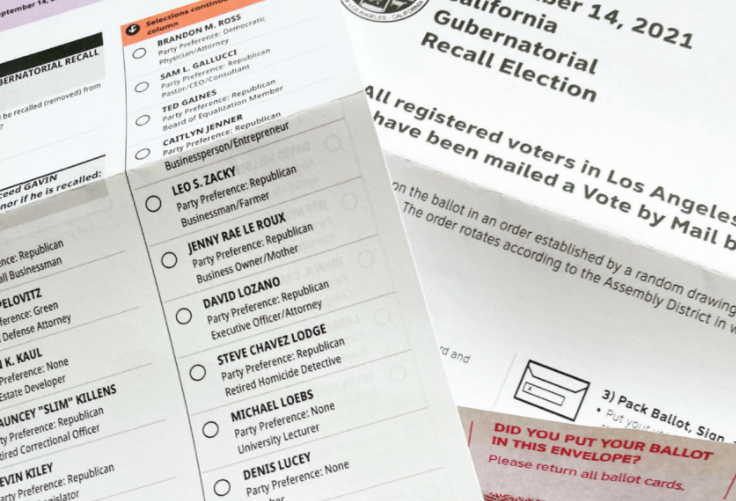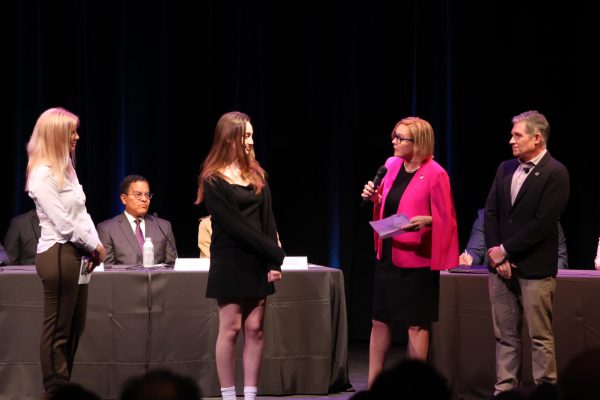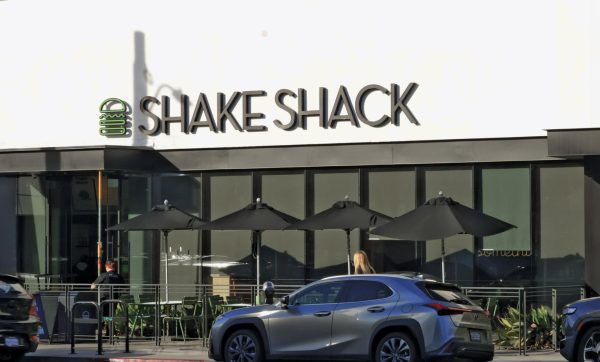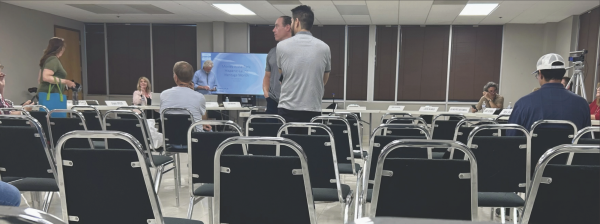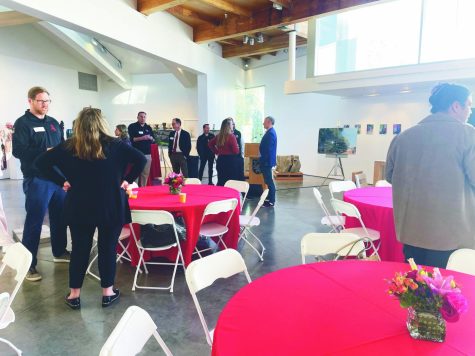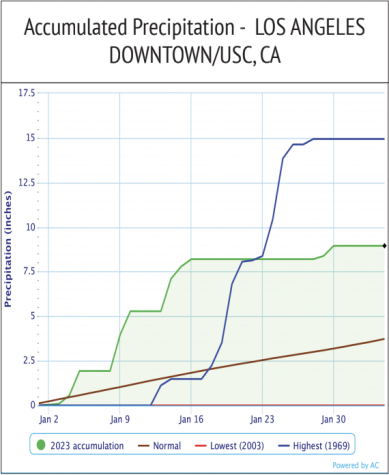Governor authorizes mail-in ballots
Students eligible to vote had the option to mail in their ballots for the Sept. 14 California gubernational recall election.
September 27, 2021
Governor Gavin Newsom signed a piece of legislation making universal mail-in ballots permanent Sept. 27; California is the eighth state to do so. According to Newsom’s office, the law, detailed in assembly bill No. 37, aims to strengthen the integrity of the election process and increase voter accessibility.
The state first implemented mail-in ballots in early 2020 to combat COVID-19-related issues in the presidential election. As a result, voter participation rose to record-breaking numbers, and according to Newsom, this influenced his decision to sign the policy into law.
Government officials share opinions on the bill
Secretary of State Shirley Weber said the bill will ultimately benefit U.S. citizens.
“The bill will permanently expand access and increase participation in our elections by making voting more convenient and meeting people where they are,” Weber said. “Vote-by-mail has significantly increased participation of eligible voters. And the more people who participate in elections, the stronger our democracy and the more assurance we have that elections reflect the will of the people of California.”
Assemblymember Marc Berman, who authored the bill, also said voter turnout will increase following its ratification.
“When voters get a ballot in the mail, they vote,” Berman said. “We saw this in the 2020 General Election when, in the middle of a global health pandemic, we had the highest voter turnout in California since Harry Truman.”
Students consider the importance of mail-in voting
Ceerous LeSage ’23 said he supports the bill because it improves voter accessibility.
“People who are in different situations could simply not have the same access to voting booths as others do,” LeSage said. “Giving these people equal opportunities is paramount to maintaining the democracy of the United States and thus also the validity of future elections.”
Jack Coleman ’22 said he is neutral toward the legislation and people must work to consider its upsides and downsides.
“Frankly, democracy is about people voting, and if this bill will increase voter turnout, that’s a good thing,” Coleman said. “However, my major concern with this bill is the likely increase in ballot harvesting. This can often lead to party activists filling out the ballot for the person to whom the ballot was sent.”
However, Coleman also said he wants to stress that the issue of mail-in voting is not necessarily a partisan one.
“I don’t think this law will have much real impact on the legitimacy of California elections,” Coleman said. “It will increase potential claims of voter fraud, and the likely increase in ballot harvesting is worrying, but I definitely don’t think that this bill will have much impact either way.”































